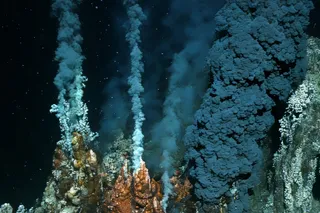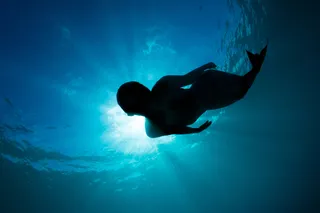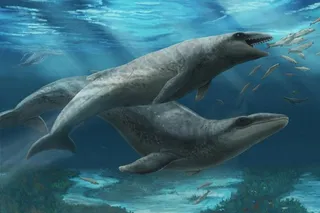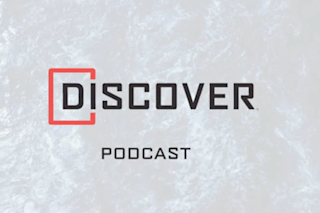Shark Week is over, and as the week has progressed, the flood of negative press about Discovery's favorite time of the year has weakened to a trickle. Instead, news organizations are talking about how well Discovery did this year in spite of the backlash. Shark Week "set records" say the headlines, and it's no shock: given the increased sponsorship and the two-hour uptick in programming, Shark Week 2014 should have beaten 2013 with its fins tied behind its back. But guess what? It actually didn't. Discovery's done just about all they can to spin the past week positively. "The King of Summer reigned with Discovery earning its highest-rated SHARK WEEK ever in its 27-year history," begins Discovery's most recent press release. The statement is so bold and so confident that one might miss the phrase "across several key demos" which immediately follows. A closer examination of the release reveals that ...
Shark Week loses nine million viewers, but Discovery says "everyone is absolutely thrilled"
Explore the Shark Week ratings comparison: Did 2014's viewership drop indicate a shift in audience engagement? Find out here!
More on Discover
Stay Curious
SubscribeTo The Magazine
Save up to 40% off the cover price when you subscribe to Discover magazine.
Subscribe












